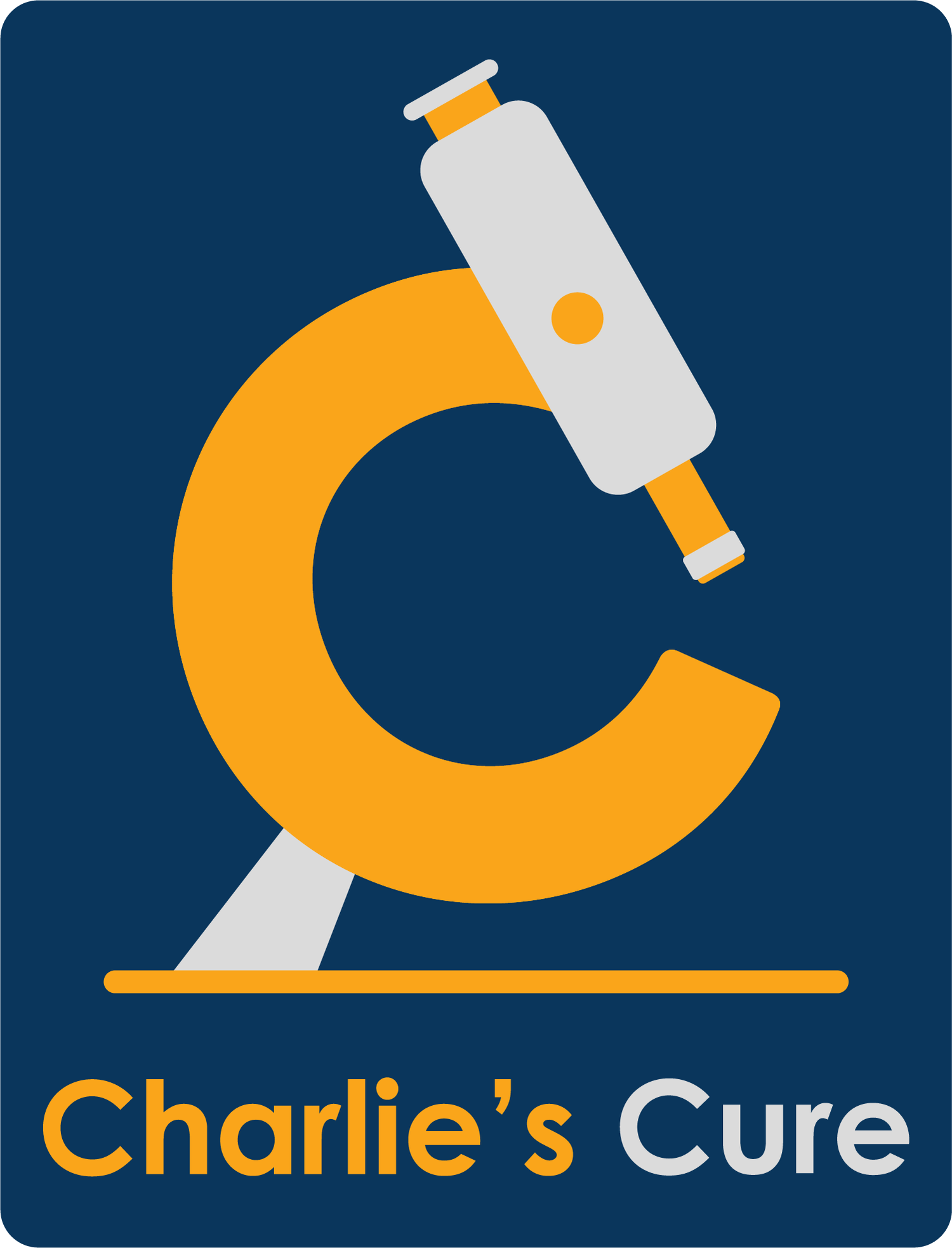CT Examiner: Darien Mother’s Advocacy Sparks Legislation to Screen Newborns
By Robert Storace
As published in the CT Examiner, March 20, 2024
HARTFORD — In 2023, Jennifer Handt contacted her state representative to share the story of her son, Charlie, who has Duchenne muscular dystrophy, a condition causing progressive muscle weakness.
One year later, Connecticut is edging closer to becoming the fourth state in the country — after New York, Minnesota and Ohio — to require newborn screening for the neuromuscular disease, which annually affects about 360 babies nationwide. Individuals with the condition typically have a life expectancy ranging from mid-20s to early 30s
The Darien mother told CT Examiner that Charlie, now 6 years old, was not diagnosed with Duchenne until he was 3 years old, after missing certain growth milestones.
“We saw he wasn’t meeting milestones and had developmental differences, but for the first couple of years, we kind of got dismissed by pediatricians who said they see delays all the time and that it’s almost always nothing,” she said. “We … enrolled him in Birth to Three, a Connecticut early intervention program, and got him into physical therapy.”
Only after Charlie’s diagnosis did Handt learn that physical therapy was dangerous for children with Duchenne. She then enrolled him in clinical trials and gene therapy.
Handt later reached out to State Rep. Tracy Marra, R-Darien, advocating for Connecticut to include Duchenne as one of approximately 30 tests conducted on newborns a few days after birth, “to pay it forward to other families who might be going through what we went through.”
Marra said the cost to add Duchenne to the list is between $8 and $10, and is usually covered by insurance. If the bill passes, all infants in the state would undergo a newborn screening blood spot test. The blood is sent to the Connecticut State Public Health Laboratory, where testing can detect more than 60 treatable medical conditions, according to the state. Currently, the tests cover several immune disorders, amino acid disorders and hemoglobin disorders.
The initiative was passed by the Public Health Committee earlier this month, and Marra believes there is bipartisan support for the measure.
“We should support treatments that are available when people need those treatments,” she said. “I also think it’s important that when constituents come forward and they have issues and things we can move forward on, that the government be supportive of that. It is our job to raise their voices. I’ve tried to amplify her [Handt’s] story and raise her voice on this.”
If passed by the General Assembly and signed into law by Gov. Ned Lamont, the bill would become effective July 1, 2026. Marra explained the delayed enactment would allow time for labs to add the test.
State Rep. Michelle Cook, D-Torrington, a Public Health Committee member, strongly supported the measure.
“When we recognize that this is something that is very simple to detect, then there is absolutely no reason why we should not do that,” Cook told CT Examiner. “Why would we not invest early as opposed to investing later?”
Handt said Charlie, who enjoys riding his motorized car around the family driveway, playing video games and making people laugh, took part in clinical trials in Rochester, New York, for 12 weeks in 2022 and 12 weeks in 2023.
Handt said her son is leading as normal a life as possible and expressed hope that new drugs and continued clinical trials will give Charlie many more years.
“We’ve got all of these cool new treatments coming down the pipeline,” she said. “He has had a wonderful response to the gene therapy and he’s going full steam. It’s hard to manage his energy. He is on the playground playing with his friends; he’s running; it’s quite great. It’s really wonderful.”

